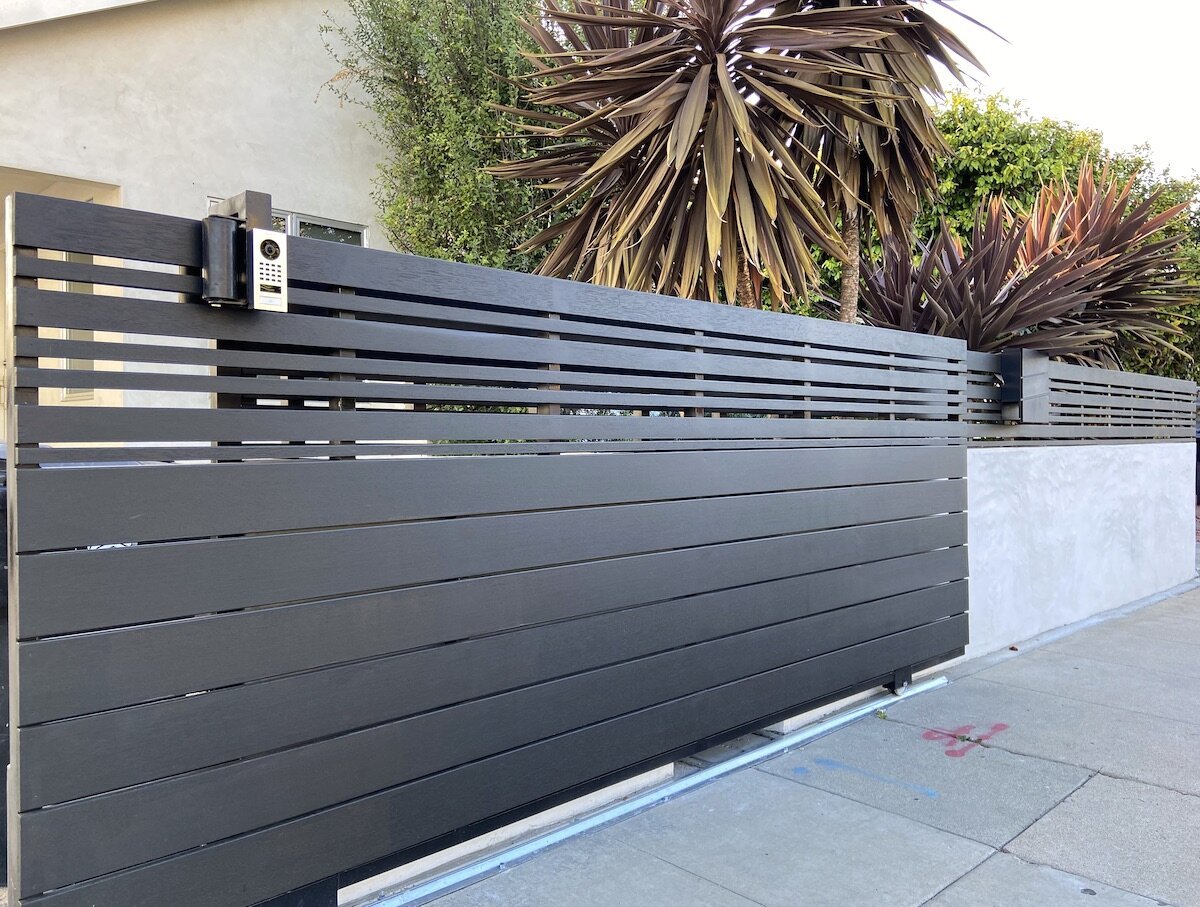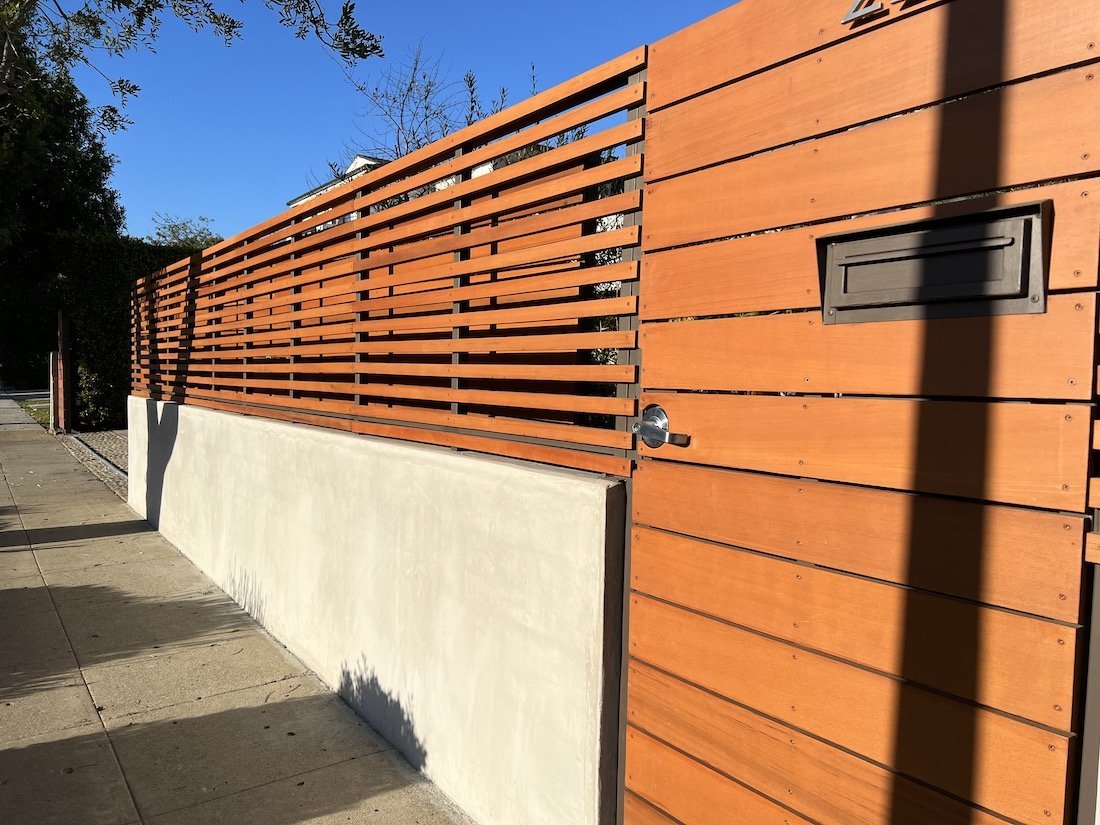A driveway gate is more than just an entry point—it’s a statement about your home’s style and a key component of your security system. The right gate can enhance curb appeal, privacy, and protection for your property. However, with so many options available, choosing the perfect driveway gate can feel overwhelming.
From size and material to security features and automation options, there are several factors to consider. Here’s a comprehensive guide to help you choose the ideal driveway gate for your home.
1. Determine the Right Size and Style
The first step in selecting a driveway gate is to choose the right size and style that complements your property. The size of your gate depends on the width of your driveway and the space available for the gate to open.
Size Considerations:
Standard Width: Most residential driveway gates range from 10 to 16 feet wide. Measure your driveway to ensure the gate fits properly.
Height: For security and privacy, consider a gate that is at least 6 feet high.
Style Options:
Swing Gates: Offer a classic look and are ideal for properties with enough space for the gate to open inward or outward.
Sliding Gates: Best for narrow driveways or areas with limited space. These gates slide along a track to open and close.
Bi-Folding Gates: A modern choice that saves space and allows for faster access.
For a cohesive look, choose a gate style that complements your home’s architecture—whether it’s modern, traditional, or rustic. You may also view some of our styles here.
2. Choose the Right Material for Durability
The material you select for your driveway gate impacts its durability, maintenance needs, and appearance. Here are the most popular options:
1. Wrought Iron Gates:
Pros: Extremely durable, secure, and adds a touch of elegance.
Cons: Requires occasional painting to prevent rust.
Best For: Homes looking for a luxurious and secure entrance.
2. Wood Gates:
Pros: Offers a warm, natural look and can be customized with different stains or paints.
Cons: Requires regular sealing or staining to prevent rot and fading.
Best For: Properties with a traditional or rustic aesthetic.
3. Aluminum Gates:
Pros: Rust-resistant, lightweight, and low maintenance. Available in various styles and finishes.
Cons: Less secure than steel or wrought iron.
Best For: Coastal areas prone to moisture and salt exposure.
4. Vinyl Gates:
Pros: Low maintenance and resistant to moisture and pests. Available in a range of styles and colors.
Cons: Can crack under extreme temperatures and offers limited security.
Best For: Homeowners looking for a cost-effective and low-maintenance solution.
3. Consider Security Features
Your driveway gate should not only enhance curb appeal but also protect your property. Here are some security features to consider:
Key Security Options:
Automatic Locks: Ensures the gate locks securely after closing, preventing unauthorized access.
Cameras and Intercoms: Allow you to see and communicate with visitors before granting access.
Keypads and Card Readers: Offer a keyless entry option for added convenience and security.
If security is your top priority, a wrought iron or steel gate with integrated access control systems is a smart choice. We also have other options on our website that you can view here.
4. Decide on Automation Options
An automatic driveway gate offers convenience and security, allowing you to open and close your gate with a remote, keypad, or smartphone app. Here are the main types of automation systems:
Types of Gate Automation:
Swing Gate Openers: Ideal for swing gates. Require clear space for the gate to open fully.
Sliding Gate Openers: Perfect for properties with limited space. Operate smoothly on a track.
Solar-Powered Openers: Eco-friendly and reduce energy costs. Ideal for gates located far from a power source.
Benefits of Automation:
Convenience: No need to manually open the gate. Ideal for rainy days or when you’re in a hurry.
Security: Prevents unauthorized access with keypads and security codes.
Property Value: Adds a premium touch that can increase your home’s value.
If you value security and convenience, an automatic driveway gate is worth the investment.
5. Set a Realistic Budget
The cost of a driveway gate can vary widely based on material, size, and automation options. Establishing a realistic budget helps narrow down your choices.
Estimated Costs:
Manual Gates: $1,500 - $4,000, depending on material and size.
Automatic Gates: $3,000 - $12,000, including the cost of motors, sensors, and installation.
Maintenance Costs: Wood and iron gates typically require more upkeep than vinyl or aluminum options.
Investing in a high-quality gate may have a higher upfront cost but will save you money on repairs and maintenance in the long run.
Final Thoughts: Find the Perfect Driveway Gate
Choosing the perfect driveway gate depends on your budget, style preferences, security needs, and maintenance capabilities. Whether you opt for a classic wooden swing gate or a modern automated metal gate, a well-chosen gate enhances both the security and curb appeal of your home.
If you’re ready to install a custom driveway gate that fits your style and security needs, contact us today for a free estimate. Our team can help you navigate the options and find the gate that’s right for you.


